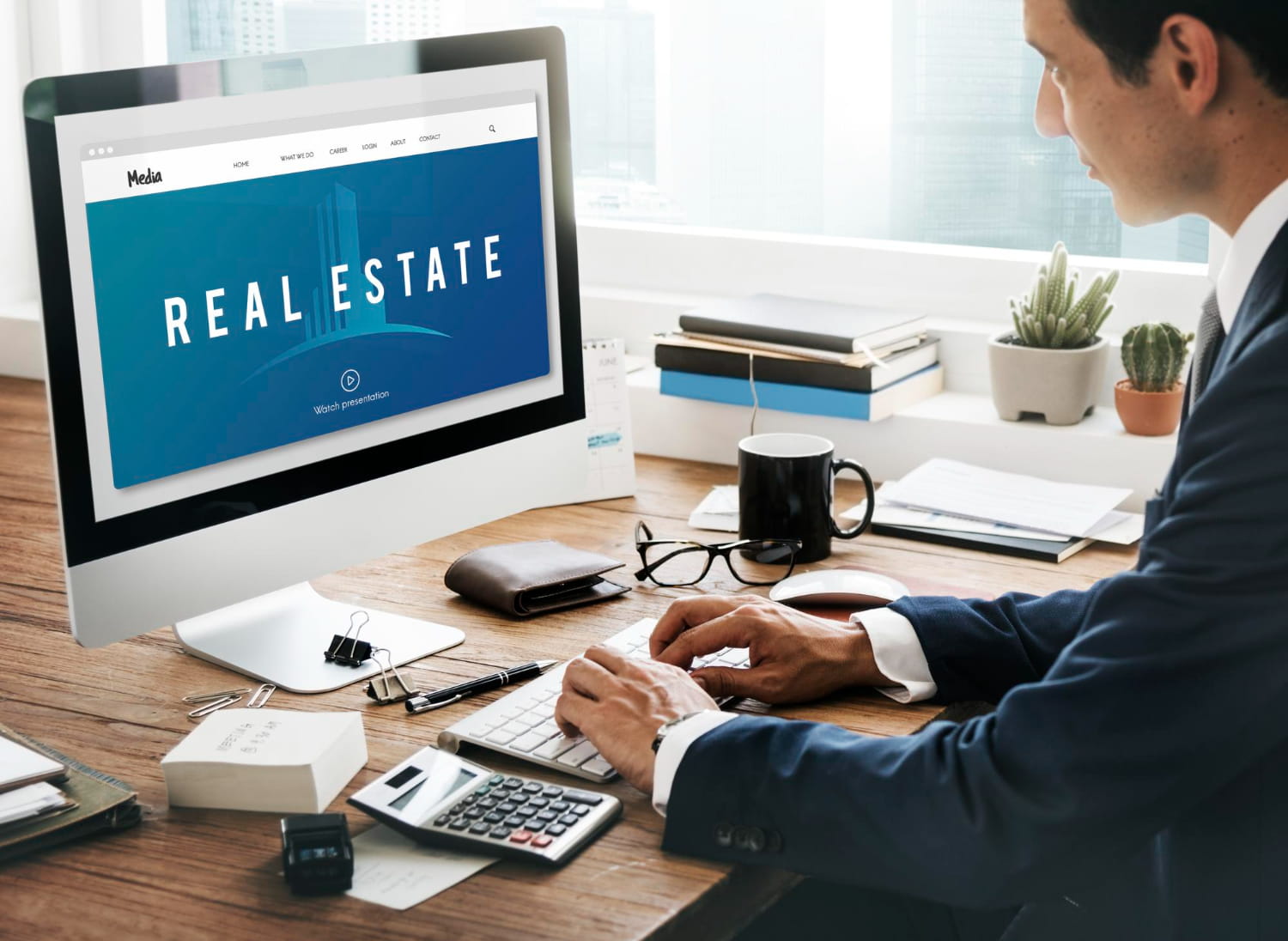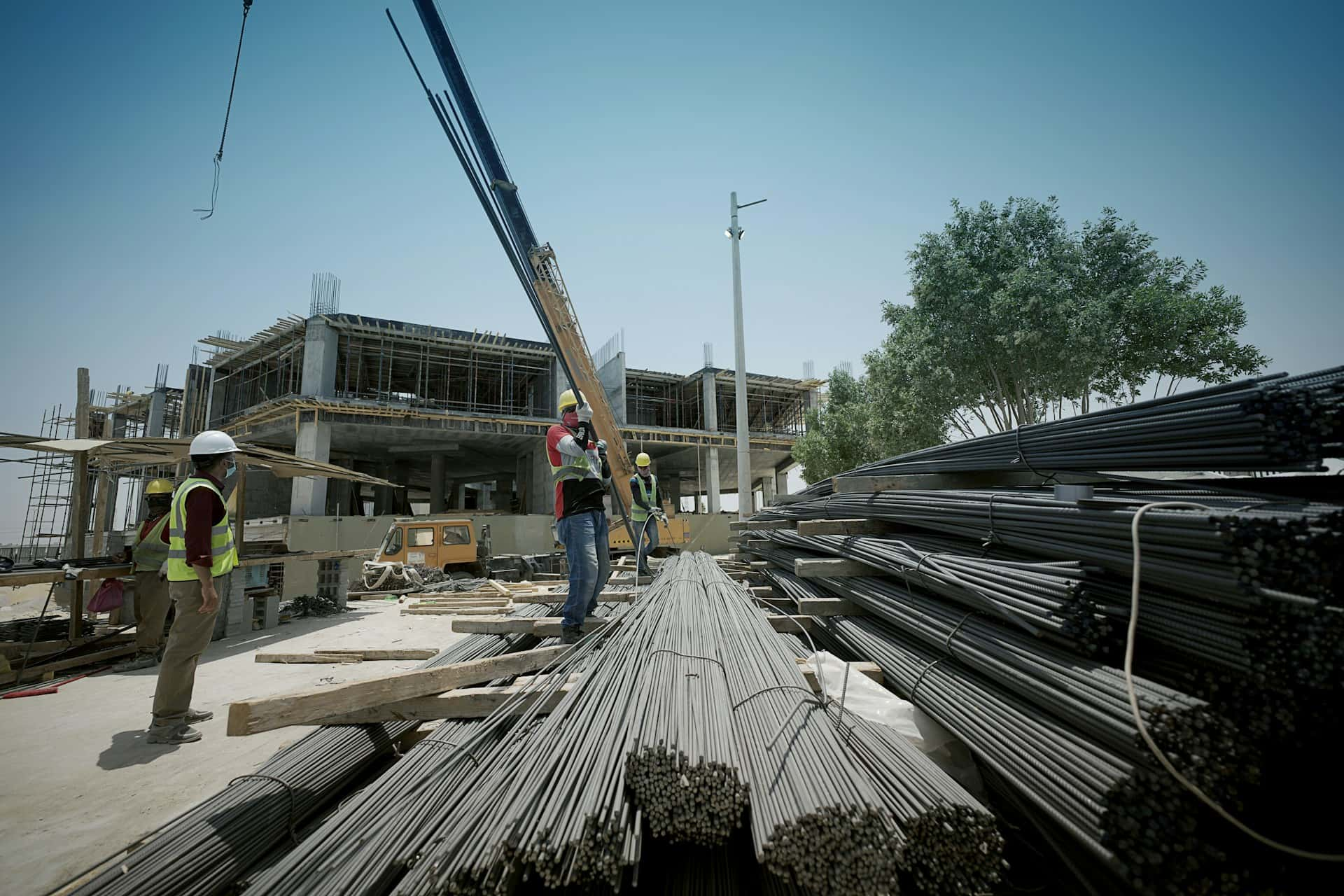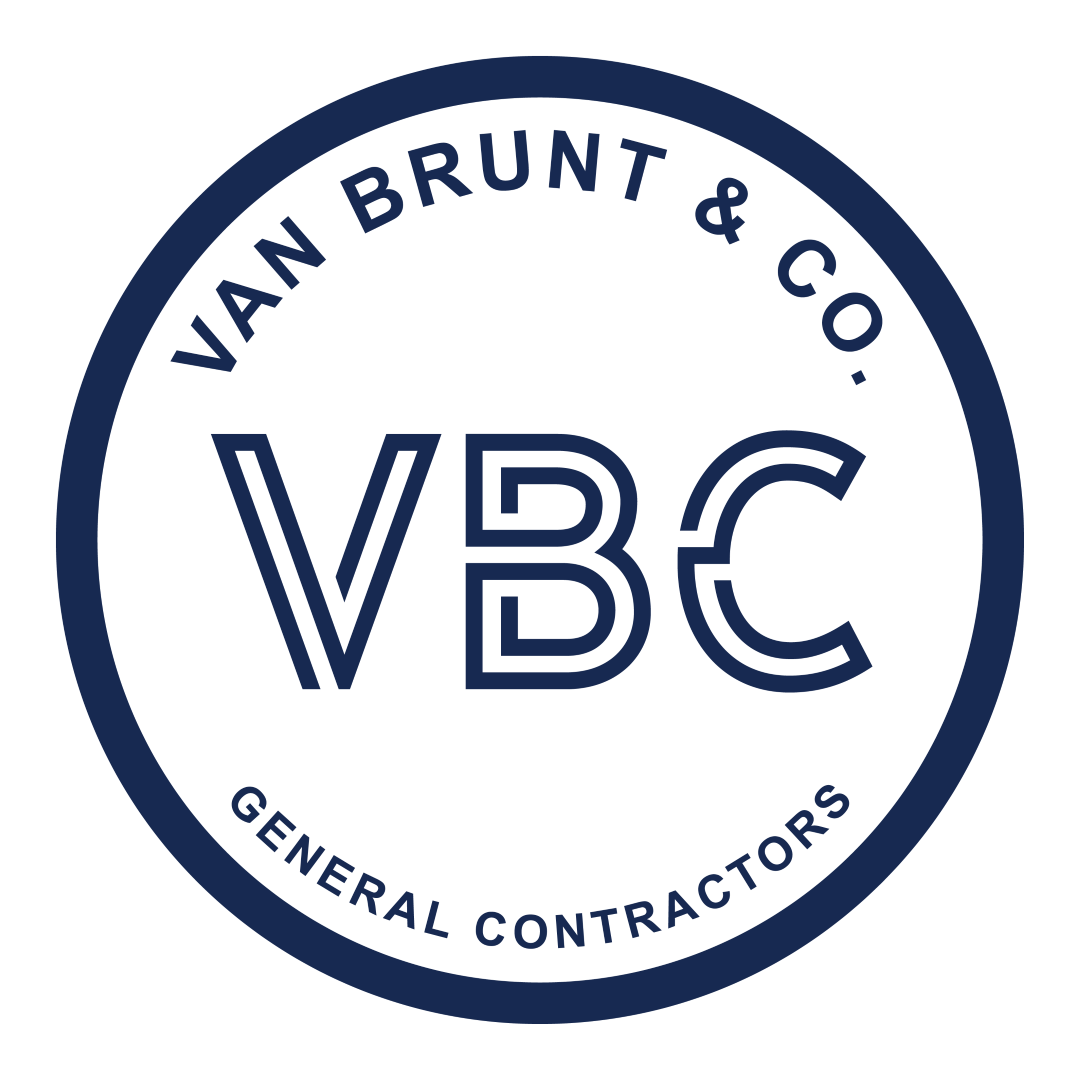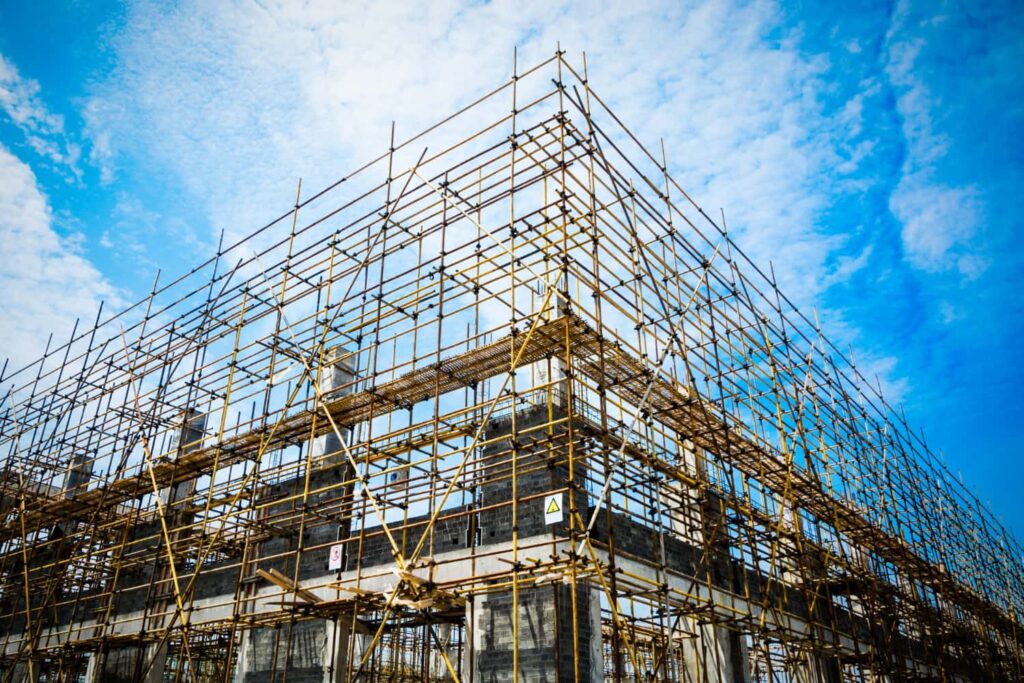Should you build or buy a commercial building? It’s a question many business owners ask when planning for growth. Let’s break down the key differences between buying an existing building and building a new one. Knowing the pros and cons of each option helps you make the right decision for your business.
Buying a commercial building is a common choice for many business owners. Often, these individuals have outgrown their current leased space. Others have saved enough capital and prefer investing in property instead of continuing to pay rent to someone else. They want to build equity and gain more control over their space.
In some cases, a business may change direction and need a completely different kind of facility. For example, they might begin manufacturing products or need to store more inventory. These changes often lead them to explore property ownership options that better fit their new requirements.
The choice between building or buying isn’t always simple. While buying can offer faster move-in times and potential cost savings, building allows full customization. However, new commercial construction can take time and come with unexpected expenses. Each path has benefits depending on your business goals and current situation. Understanding what you need today and what you might need tomorrow, can help guide the best decision.

Things You Should Know Before Building a Commercial Property
Building a commercial property is a big task that needs your time and attention. You’ll face decisions constantly and should expect some challenges. This isn’t a process where you can be completely hands-off. You’ll need to approve plans, make key decisions, and solve unexpected issues. It’s important to prepare mentally and logistically before you begin. This project requires ongoing involvement and clear communication.
If building feels overwhelming, consider buying a property that fits most of your needs. It can save time and effort.
Why Consider Buying Instead?
Buying can be easier than building, but only if the right property exists. The problem is, not all buildings suit every business. The layout, size, or location may not support your operations efficiently. A poor fit can hurt your business in the long run. Take time to evaluate each option carefully.
Get Clear About What You Really Need
Make a list of what your ideal building should have. Break it down into three categories: must-haves, would-like, and nice-to-have. This helps you compare properties with logic instead of emotion. Decide which features you can’t live without. Think about how location affects your team or customers. For example, if your staff has to drive 30 minutes more, what does that cost over a year? If shipping is your focus, maybe location matters less.
Don’t Ignore Hidden Costs From Inefficiencies
A building with poor layout can raise your costs fast. Issues like low ceilings or awkward shapes slow down your team. Ask yourself how these factors affect storage and employee productivity. A few extra minutes per task adds up quickly. Over time, these inefficiencies can impact your bottom line more than you expect.
Plan Ahead: Think About Future Growth
Will the property still fit your needs in 2 to 5 years? If your business grows, will you have space to expand? Look for options to add on or adapt. Moving a business again soon is costly and disruptive. Avoid buying a short-term fix that becomes a long-term problem.
Check If Renovations Are Needed and Budget for Them
Most buildings need updates to suit a new business. That could be simple paint or new floors or major upgrades. Structural changes can be expensive, so it’s critical to assess costs early. Don’t assume renovations are minor until you know for sure. Always get expert advice when structural changes are likely. Builders offer helpful input, but engineers are qualified to give structural safety advice. Hiring an engineer before buying is a smart move. It protects you from future risks and gives you peace of mind.

Important Technical Checks Before Buying Commercial Property
Is the Property at Risk from Natural Disasters?
Some areas in the U.S. are at risk for floods, wildfires, or earthquakes. These risks affect insurance and resale value. FEMA flood maps and local zoning codes can show floodplains or hazard zones. Always review the property’s hazard disclosures and consult your county assessor or planning office. Also, check if the property is in a Special Flood Hazard Area (SFHA), which may require mandatory flood insurance.
Is the Site Listed as a Contaminated Area?
Check with your local city, county, or state environmental agency for site contamination records and restrictions. In the U.S., these are often listed under the EPA’s Superfund program or state-level environmental databases. Contaminated properties called “brownfield sites” may contain polluted soil from past industrial or agricultural use. Old factories, gas stations, dry cleaners, and farms are common examples.
Chemicals and hazardous waste can linger in the ground for decades, posing environmental and health risks. If a site is flagged, special permits and soil handling rules often apply. Excavation or disposal may require approved contractors and higher costs. These restrictions can delay construction and affect resale value. Before you purchase, request a Phase I Environmental Site Assessment. If contamination is suspected, a Phase II assessment with soil and groundwater testing is recommended. Always seek advice from qualified environmental professionals.

Why Building a Commercial Property Might Be a Smart Move
Finding the Right Land Comes First
The first step is securing suitable land for development. This can be challenging in areas with limited industrial zoning. Some regions across the U.S. have tight land availability due to zoning or urban sprawl. Review local zoning maps and long-range development plans before moving forward. If you’re unsure, consult a commercial real estate agent or city planning department. They can explain land use regulations, setbacks, and permitted uses. These details impact what you can build and how quickly you can start. Once the land is secured, the benefits of building your own space become clearer.
Custom Design to Fit Your Business
Create a Space That Works for You
One major benefit is full control over design and layout. You can tailor the building to match your exact needs. Whether it’s storage, staff flow, or specialized rooms, you can plan it from the ground up. But remember, even with a new build, compromises may still be necessary. Site limitations or budget constraints might require some flexibility.
Be Aware of Local Land Limitations
Limited land options may restrict your building’s size, shape, or design. Site covenants or zoning rules can also affect the final build. It’s important to know these before designing your dream layout. Always check site conditions, easements, and planning overlays before you start.
Understand What Your Bank Will Lend
Banks often see building projects as riskier than buying existing properties. This can limit your borrowing capacity. If loan limits are tight, you may need to cut features or scale back. Being aware of this early helps you prioritize key design elements. Working closely with a lender can prevent budget shocks later.
Rethink How Your Business Operates
A new build is the perfect time to rethink how your business uses space. Old setups often evolve from constraints, not logic. This is a chance to start fresh and optimize every part of your operation. Consider inviting a lean consultant or process expert to assess your needs. A fresh pair of eyes can spot inefficiencies you’ve stopped noticing. Even small improvements in layout or workflow can lead to big long-term savings.
Does Building a Commercial Property Make Financial Sense?
Think Long-Term Before You Invest
When you run a business, every investment must make solid financial sense. Property decisions are no exception. Buying an existing building often means paying market rates. It’s rare to find a bargain unless you have perfect timing or strong property connections. Competition from other buyers also drives prices higher.
Building Can Offer Better Value
In many cases, building gives you more for your money. Your finished building may be worth more than the build cost. This happens because not everyone wants the risk and hassle of developing property. Business owners or investors often pay a premium for ready-to-use spaces. They value speed and simplicity.
Market Trends Favor New Builds
Over time, commercial property prices in the U.S. have often grown faster than construction costs. This trend creates immediate value upon completion. In many regions, property values have steadily increased over recent years. Investors are shifting focus from residential to commercial real estate. This change is influenced by tax code updates and lending rule adjustments. As more investors enter the market, demand continues to grow. Meanwhile, limited land and zoning constraints keep supply tight. These conditions combine to push commercial property prices higher across many U.S. cities.
A Build Can Become a Smart Financial Strategy
If managed well, your project can turn into an asset with immediate equity gains. However, it takes planning and patience. Consult professionals early and monitor market trends closely. Understanding the timing and market cycle is key to making a smart financial move.

How to Estimate the Future Value of Your Commercial Building
Start With a Professional Valuation
The most accurate way to estimate value is through a registered valuer or experienced real estate agent. They will assess your concept plans and provide a formal valuation. This is usually required by banks during loan approval. A valuer will also consider location, market demand, and comparable property sales. Their report gives you a reliable estimate for financial planning.
Use Comparable Sales for a DIY Estimate
You can also estimate your building’s value by comparing it to similar, recently sold properties nearby. Look at current commercial listings and sale prices within the same zoning category. Be cautious using assessed values, as they often differ from real market prices. Recent sales in your area provide the most accurate valuation benchmarks. This approach works best when you have several comparable properties to analyze. In newly developed areas, market data may be limited or outdated. When in doubt, ask a commercial broker for comps to support your estimate.
Reverse Engineer Rental Yield to Estimate Value
Another option is to calculate the expected value using rental yield. Investors often use this method to guide purchases. Start with an estimate of your property’s annual rental income. Then divide that by the typical market yield for similar buildings. For example, if your expected rent is $100,000 and market yield is 6%, your building may be worth around $1.67 million. This approach is common in commercial real estate investing.
Always Adjust for Location and Market Conditions
No estimate is perfect without context. Factors like location, vacancy rates, and demand affect property value. Always factor in market trends and talk to local agents for insight. Using multiple methods together will give you a well-rounded value estimate.
Other Financial Factors to Think About When Building
Compare Third-Party Logistics (3PL) With In-House Options
One key consideration is whether to use 3PL services or handle logistics internally. 3PL can offer convenience and fast scaling. But outsourcing also means less control and possible higher long-term costs. For some businesses, in-house storage and shipping improves efficiency and service. Building your own facility might make this possible and more cost-effective.
Understand the Payback Period of Your Investment
A new building might unlock new revenue streams. It could help you enter new markets or launch new products. If the building supports growth, profits may repay the investment faster than expected. In this case, capital gain becomes a secondary benefit. Focus on how the building improves operations and enables expansion.
Your Situation Determines the Right Move
There’s no one-size-fits-all answer to building versus buying. Your finances, goals, and future plans all play a role. The best approach is to get tailored advice. Speak with your accountant, financial advisors, and real estate professionals. Banks can also provide insights based on lending trends and risk factors. If you want a second opinion, our expert team is here to help.
Conclusion
Deciding whether to build or buy a commercial property depends on your long-term goals, finances, and operational needs. Building gives you full control and can create instant equity, but it requires time, patience, and planning. Buying allows faster occupancy and lower upfront stress, though it may not fully meet your needs. Evaluating things like location, future growth, renovation needs, and market trends helps make the best decision. It’s also important to consider hidden costs, efficiency impacts, and return on investment. Whether you build or buy, always seek guidance from qualified advisors. Your accountant, bank, and property experts can offer insights specific to your situation. At the end of the day, the right decision should support your business now and in the years ahead.
Frequently Asked Questions
Is it cheaper to build or buy a commercial building?
Buying may seem cheaper upfront, but building can offer more value long-term. A custom build may cost more initially. However, it can better suit your needs and reduce inefficiencies. Over time, a well-designed building often creates higher equity and better returns.
How long does it take to build a commercial property?
Timelines vary, but most builds take 6–18 months. Weather, permits, and complexity affect timeframes. Planning delays or design changes can also extend timelines. It’s important to factor in unexpected issues when budgeting your timeline.
Can I get financing for building a commercial property?
Yes, but it can be harder than getting a loan to buy an existing building. Banks often see building as riskier. You may need a larger deposit and detailed plans. A registered valuation is usually required before approval.
What hidden costs should I expect when building?
Expect costs for site preparation, consents, and professional fees. Delays or material price changes can also affect your budget. Always include a contingency fund in your planning. Talking to an experienced builder early helps reduce surprise expenses.
How do I estimate the value of a building I plan to build?
Start with a professional valuer or agent for the most accurate forecast. You can also compare similar property sales. Another way is to estimate rental income and divide it by market yield. Always adjust based on location and current demand.

